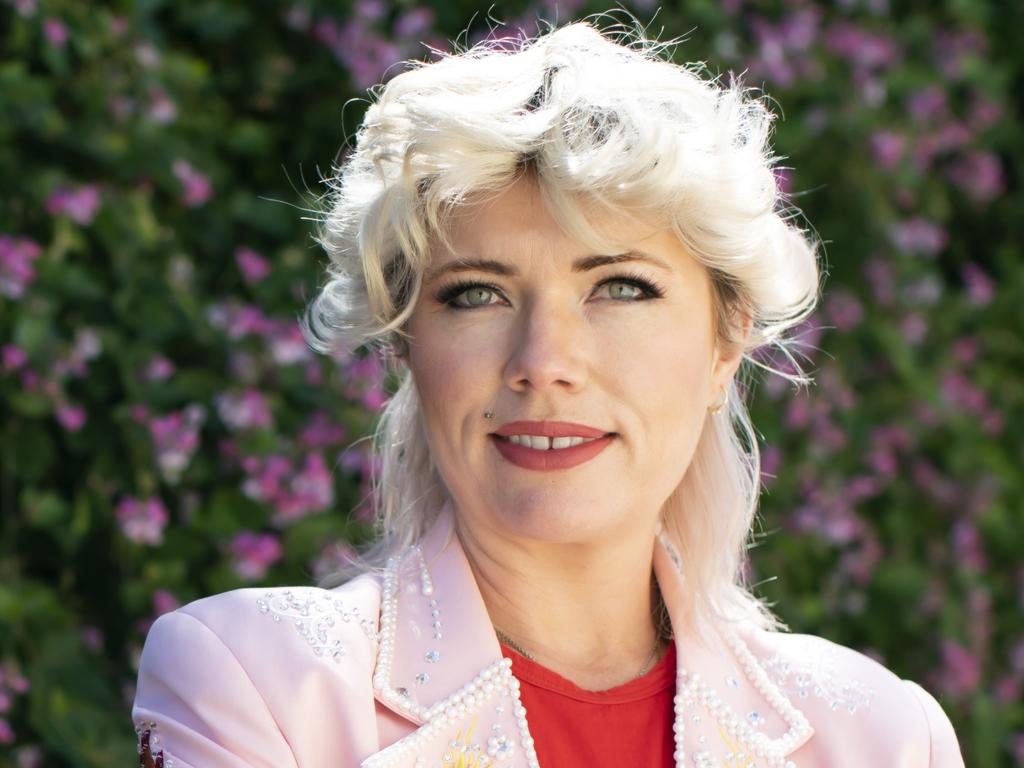
John Burn Murdoch, who compiled the research for the FT, writes: “In the US, Gallup data shows that after decades where the sexes were each spread roughly equally across liberal and conservative world views, women aged 18 to 30 are now 30 percentage points more liberal (ie, progressive) than their male contemporaries. That gap took just six years to open up.”
Over time, Gen Z men have become more conservative. But this shift is not happening as sharply as it is in women. The so-called “gender gap” in political worldviews is being primarily driven by the Gen Z female.
Commenting on the local context, RedBridge Group Australia director Kos Samaras observes such trends are not as stark here as “younger voters in Australia are generally moving to the left, but there is nuance where this move is greater with women”.
Of course, “extremism” and “radicalisation” are not terms usually associated with women but with young males and far-right militants who use violence and terrorism to further their goals.
Today’s young female radicals do not use violence or terror to further their goals, but it would be a mistake to assume they are incapable of causing harm. In 2022, three young women, led by Deanna “Violet” Coco, an Extinction Rebellion activist, drove a truck on to the Sydney Harbour Bridge, blocked a lane of traffic, let off flares, and glued their hands to the roadway in order to “raise the alarm” over the climate emergency. The economic damage of blocking the bridge in rush hour is hard to quantify. But such stunts can cause people to miss flights and arrive late to work, and they put citizens in potential danger by restricting the movement of emergency vehicles.
Of course, most of the radicalism of young women is simply performative and does not cause much harm. When Mehreen Faruqi was photographed with a girl holding a sign with the Star of David being thrown into the trash, the young protester may have caused emotional distress to Jewish Australians, but she was not engaging in vandalism of private property or physical intimidation of innocent bystanders.
Nevertheless, the fact girls are rarely violent and tend not to destroy private property does not mean we should remain complacent.
When hyper-progressive activists enter the workforce, tremendous amounts of resources can be tied up by individuals who make vexatious complaints in order to draw attention to their cause.
Take the example of Antoinette Lattouf’s ongoing lawsuit against the ABC. Lattouf had a contract with the ABC that was terminated two days early after sharing a post on her social media accounts in contravention of the ABC’s social media policy. The post accused Israel of starving Gaza citizens as a weapon of war. Despite being paid for all five shifts she was contracted for, Lattouf is now engaged in a high-profile wrongful termination lawsuit alleging bias and racism, which will likely cost the ABC and the Australian taxpayer substantial sums of money to defend.
I want to clarify here that I am a business owner myself, and the majority of my full-time employees are female. The women I employ are highly competent and professional, just like most women in the workplace who don’t create difficulties or disruptions for their employers. But it does need to be pointed out that having activists in the workforce – who do not align with a company’s mission – is a risk to any organisation and can be a major drag on productivity.
This issue isn’t primarily about gender; rather, it’s about young individuals introducing politics into every aspect of life, including the workplace. Yet because we often struggle to openly discuss the trend of young women becoming more politicised, instances of extremism among females are often overlooked and in some cases actively encouraged.
The ABC, for example, has previously published an op-ed by activist Chloe Adams titled: “I’m an Extinction Rebellion protester and I’ll be disrupting your work commute. Here’s why”, validating this extreme form of activism.

Clementine Ford, who has faced allegations of sharing anti-Semitic content on social media, recently received more than $30,000 in taxpayer funds, in partnership with Aquarius Films, to create a television series that glorifies a fictional female murderer. The show, titled Smile Bitch, is pitched as being about a woman who turns to murder after experiencing “one too many sexist microaggressions”.
The radicalisation of young women does not result in street violence. But it does result in emotional distress for girls who break ranks and voice opinions that go against the grain. A Gen Z employee of mine recently shared a painful experience of bullying from female friends after sharing dissenting views on the voice and the conflict in Israel/Gaza.
Hyper-progressive female activists are not likely to instil fear in the population like young male radicals do. But they can damage institutions and organisations when staging employee walkouts or making vexatious complaints.
And, while historically there has been much hand-wringing over the ideological indoctrination of young males in our societies, perhaps it’s time we expand our conception of radicalisation so it becomes more gender-equal.
Claire Lehmann is founding editor of online magazine Quillette








We need to talk about the radicalisation of young women. Data published by the UK’s Financial Times showed that among Gen Z, in nations as diverse as South Korea, the US, Germany and the UK, a majority of women have become “hyper-progressive” in a relatively short time frame.